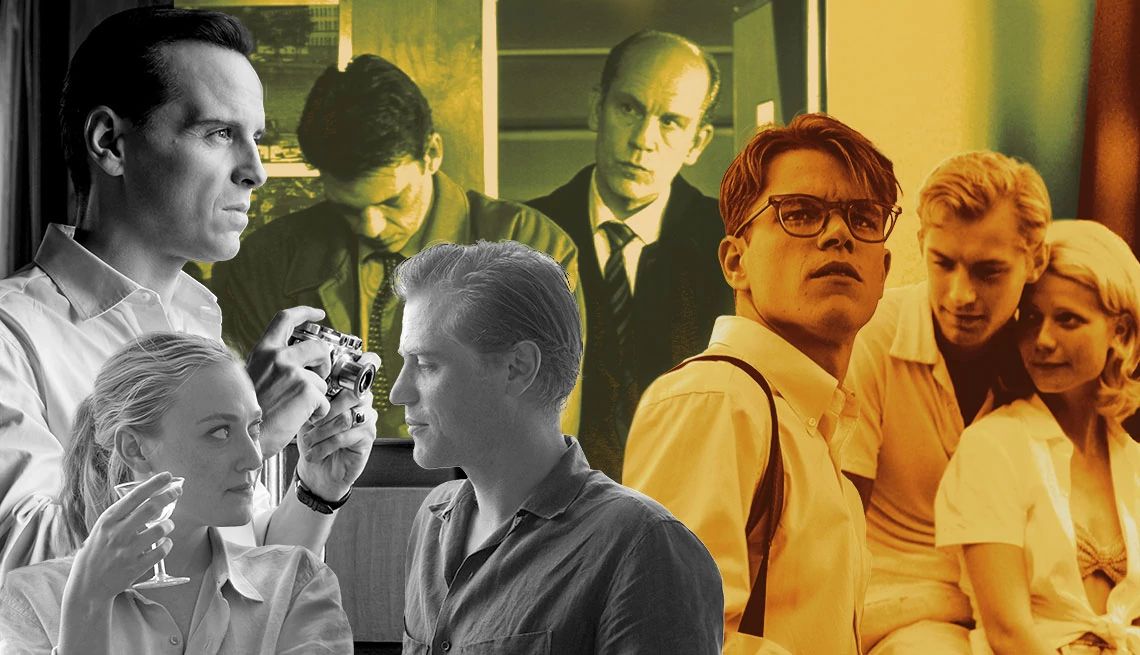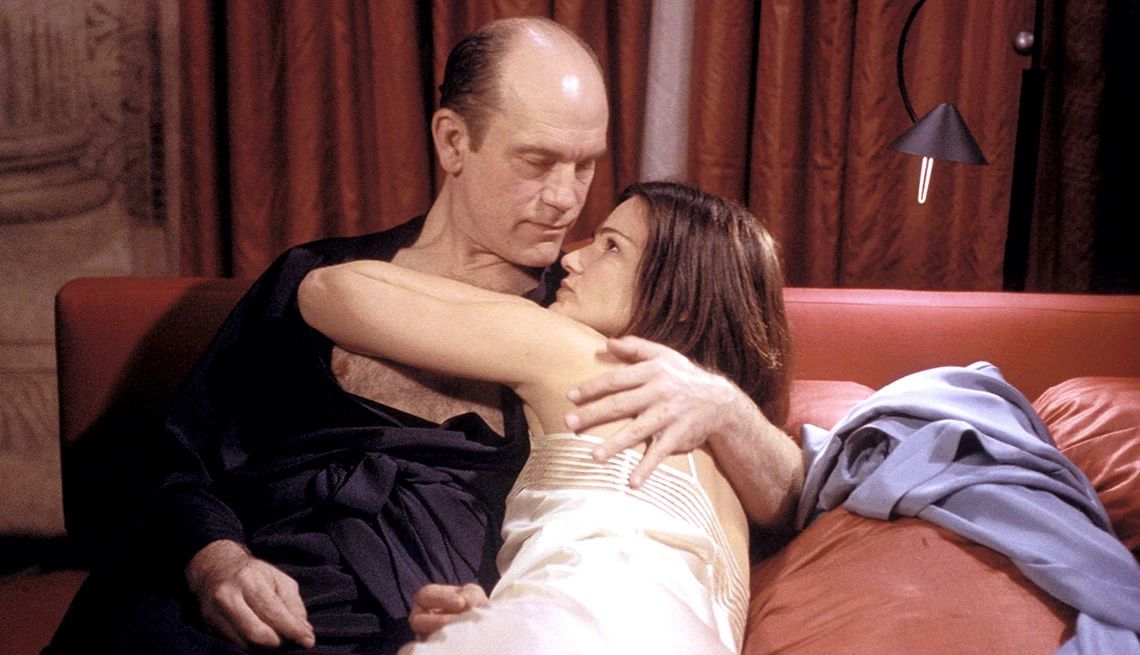AARP Hearing Center


After Alfred Hitchcock filmed her novel Strangers on a Train in 1951 (his own favorite Hitchcock flick), Patricia Highsmith spent her movie money touring Europe, envying the rich and gathering impressions for a series of bestsellers about the talented Tom Ripley, a con artist whose cold heart Highsmith identified with. She sometimes signed her letters “Tom,” and said she felt like he was writing the books, she was just typing. In five novels published from 1955 to 1991, Ripley lives high, kills eight people, eludes the law and feels zero guilt.
Four major movies feature Ripley, and now there’s a superb Netflix miniseries, Ripley, that’s the best of the bunch. Each Ripley has his virtues, and the stories have different enough plots that you can watch them all and compare how they express the lesson of Highsmith’s books, which her editor Gary Fisketjon, 70, summed up: “Don’t be offended if someone insults your taste — just bash their heads in with an ashtray.” Here’s how each Ripley drama rates, in order of excellence:
⭐⭐⭐⭐⭐ Ripley (2024)
Steven Zaillian, 71, wrote a previous black-and-white masterpiece about an utterly mysterious man involved with murder, only he was preventing it, not committing it: Schindler’s List. Writer-director Zaillian does the best job yet of doing what Highsmith’s 1955 novel The Talented Mr. Ripley did: get you inside the head of penniless grifter Ripley (Andrew Scott, the “hot priest” in Fleabag and Moriarty in Sherlock), who is hired by a rich American to go to Italy’s most spectacular locations to persuade his boorish wastrel son Dickie (Johnny Flynn) to quit living la dolce vita and come home. A gifted liar and improviser, Ripley more or less convinces Dickie that they’re old acquaintances. As he starts to take over Dickie’s very identity, and then take his life, we find ourselves kind of rooting for him to get away with it.
The eight episodes give Zaillian room to make Ripley’s killings and cover-ups seem more spontaneous and realistic than the movies do, and its cinematography is even more stunning and imaginative than any of the films (which are in color). Scott knocks it out of the park, making Ripley partly understandable, yet also like an alien being keenly observing humans he plans to devour (though he’s too much a gourmet to be a cannibal). Dakota Fanning is marvelous as Dickie’s girlfriend Marge, who’s skeptical of Ripley but winds up his frenemy. It’s fun to see John Malkovich, 70, who played Ripley in 2002’s Ripley’s Game, as the killer’s weird partner in crime, Reeves Minot. “He had the manners and the good grace not to sigh when I was acting,” Scott told GMA News.
































































More From AARP
The 7 Sexiest TV Dramas About Royals
Watch Julianne Moore’s ‘Mary & George’ and these steamy series
Marlon Brando and Me: 10 Days on a Tahitian Isle (Members Only)
Journalist honors memory of the Oscar-winning actor with rare reflections from their time together
How Accurate Is the Lincoln Assassination Miniseries ‘Manhunt’?
Here’s everything you need to know before watching the killer thriller
Recommended for You